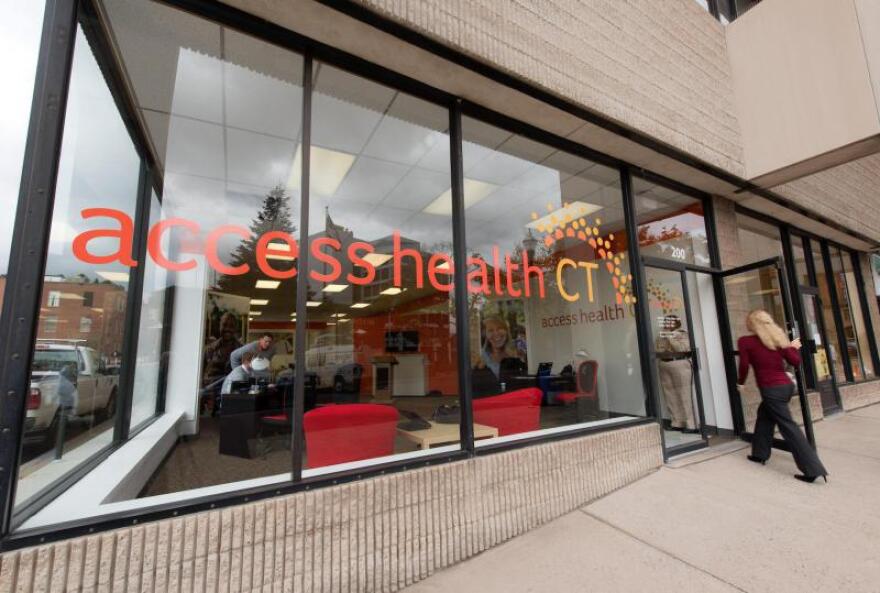With the use of federal pandemic relief money and state funding, Connecticut officials are looking to grow enrollment in an insurance plan that offers health coverage with zero premium, deductible or copay costs to patients.
The Covered Connecticut program is a silver plan offered by insurance carriers Anthem and ConnectiCare on Access Health CT, the state’s Affordable Care Act marketplace, to residents who may struggle to afford insurance but do not qualify for other public programs.
A special enrollment period will run through June 30.
“We have to drive people to the insurance, and we need to just keep driving home this message: This is no cost,” said Vicki Veltri, executive director of the state Office of Health Strategy. “Open enrollment has been extended, because we want to maximize the chances of people becoming insured over the next six months.”
The state launched Covered Connecticut in July 2021 as a way to help offset health care costs, especially during the pandemic, and get more people insured. The state, with help from federal funds, pays for the customer’s portion of premium, deductible and copay costs.
About 838 people are enrolled.
Connecticut’s uninsured rate was nearly 6% prior to COVID-19, a majority of them low-income non-elderly adults, according to data from the Kaiser Family Foundation. Some people went without insurance even as they remained eligible for federal ACA subsidies that help people pay their premiums.
“That’s because people perceive the coverage, regardless of whether it’s affordable or not, to be unaffordable to them,” Veltri said, “even though there are subsidies attached to them.”
Health officials and insurance regulators hope the Covered Connecticut program will attract more people with its no-cost plan.
To be eligible, residents need to have an annual income between 160% and up through 175% of the federal poverty level.
For a household of two, that would be between $27,872 and $30,485 a year. For a family of four, the income limit is between $42,400 and $46,375.
Residents also need to have at least one dependent child under the age of 19 living in the household. Veltri said many children in low-income households are already covered under the Children’s Health Insurance Program, which is Husky B in Connecticut.
But income limits for children are broader. So, even if kids qualify for Medicaid coverage, their parents may not. Those parents may choose to go without insurance if they feel other options are unaffordable.
“That’s not a good recipe for ongoing health care, for the health of families, for the health of those kids, too,” Veltri said. “There tend to be better outcomes when both the parents and the children are covered.”
Eligible people who sign up for the plan between now and the end of the special enrollment period will get coverage starting on the first of the month after they complete enrollment.
They will have to reenroll for coverage for 2023 during the regular open enrollment period this fall.
Lawmakers and state officials are seeking a federal waiver to help sustain the program by bringing in more matching funds to offset costs to the state. The waiver, if approved, would also expand Covered Connecticut’s health coverage to include dental care and non-emergency medical transportation.
Public health leaders hope to open up the program to income-eligible childless adults by the summer.
For more information about Covered Connecticut and eligibility requirements, see accesshealthct.com or call the program hotline at 860-241-8478.


